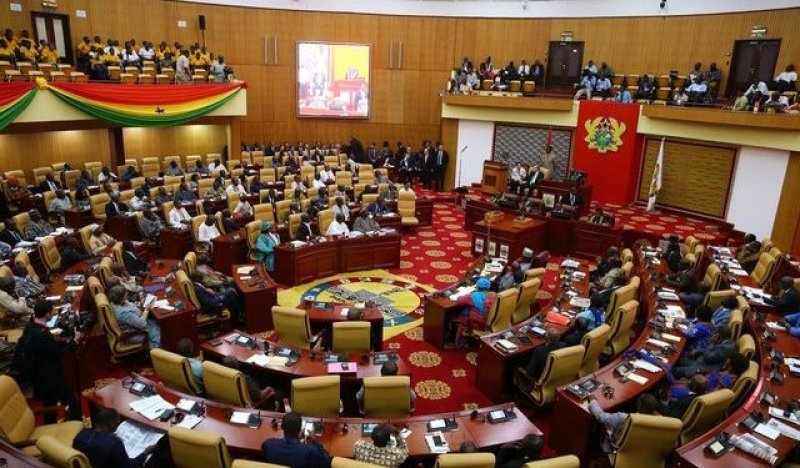
Parliament has passed the Tax Exemptions Bill, 2022, to regulate the application of tax exemptions and other exemptions and to provide for related matters.
Mr Akwasi Amoako-Atta, the Minister of Roads and Highways, moved for the adoption of the Tax Exemption, which was seconded by Mr Haruna Iddrisu, the Minority Leader of Parliament.
The objective of the Bill is to provide for an exemption regime including variation or limitation of the scope; set clear eligibility criteria for exemptions; provide for the administration of exemptions and provide for the monitoring, evaluation, reporting and enforcement of exemptions.
The Tax Exemptions Bill (Act) is a “tax law” for the purposes of the Revenue Administration Act, 2016 (Act 915).
For the purposes of the Tax Exemption Act, an exemption is a waiver or variation of a tax, levy, fee or charge provided for under an enactment, or a variation of the timing of the payment of a tax, levy, fee or charge, which results in a reduction in the effective liability of the payer.
It indicated that despite the above subsection, the power of the Commissioner-General to remit assessed tax or extend the date on which a tax is payable shall continue to apply.
Touching on general responsibility, the Bill (Act) said a person shall not be granted an exemption unless the person was entitled to the exemption under the Act.
Mr Ken Ofori-Atta, the Minister of Finance in a memorandum accompanying the Tax Exemption Bill, 2022, said Tax Exemptions in Ghana were embedded in statutory legislation and exemptions approved by resolutions by the Parliament of Ghana; these included income tax, exemptions, tax holidays, rebates and concessions, import exemptions, value added tax reliefs and excise tax.
He said the rationale for granting these exemptions included attracting foreign direct investment, alleviating the tax burden on the vulnerable in society, encouraging business start-ups, attracting investment into specified sectors or locations and supporting the development agenda of the Government.
He said in the last 10 years, tax exemptions namely Import Duty, Import Value Added Tax, Import National Health Insurance Levy, Import Ghana Education Trust Fund, Export-Import Levy, Special Import Levy and Domestic Value Added Tax in the economy have grown even though there had been a remarkable improvement to curtail the growth.
Mr Ofori-Atta said the total amount of tax exemptions granted in 2020 was GH¢1.7 billion, compared to GH¢2.43 billion, GH¢2.25 and GH¢3.8 billion in 2019, 2018 and 2017 respectively.
The Minister said the total amount of exemptions granted between 2012 to 2016 and 2017 to 2020 was GH¢4.56 billion and GH¢9.47 billion respectively.
He noted that these figures did not include exemptions from the payment of corporate and individual income taxes, concessions on tax rates, petroleum tax reliefs and customs tax exemptions enjoyed by diplomatic missions.
He explained that Tax Exemptions created significant difficulties for development countries and run counter to the objective of strengthening domestic resource mobilisation.
He reiterated that in line with this, the Committee of Experts on International Corporation in Tax Matters in 2020 provided some guidelines with regards to exemptions.
Mr Ofori-Atta noted that the Tax Exemptions Bill, 2022 incorporated some of the measures enshrined in the United Nations Resolution and the Guidelines issued by the Committee of Experts.
“The projected exemptions for the year 2022 are expected to be lowered about GH¢500 million when the Bill is passed by Parliament,” he stated.
Source:Tax Exemptions Bill, 2022 Passed | News Ghana
